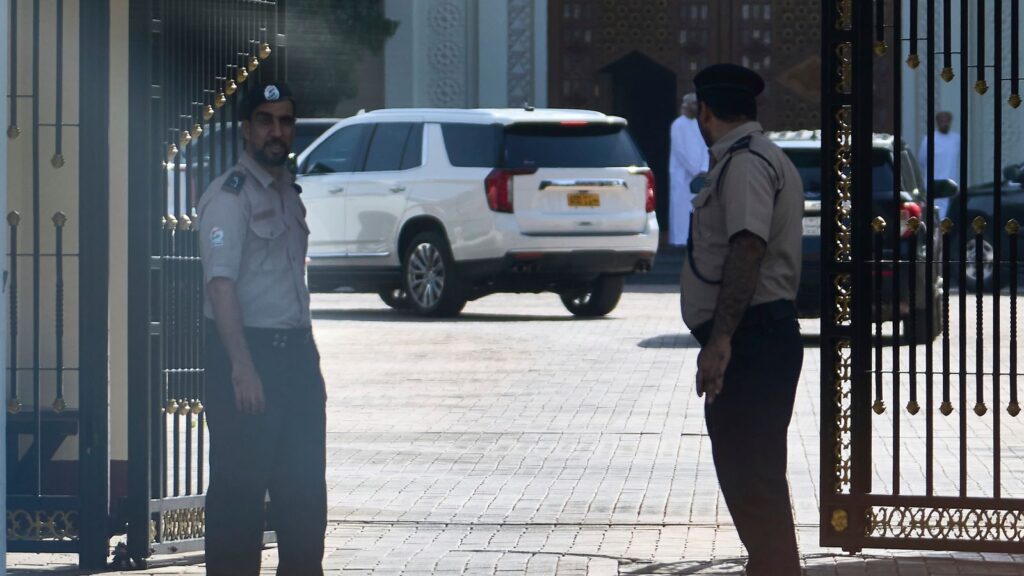In a swift two-hour meeting in Muscat, separate delegations from Iran and the US, facilitated by Oman’s foreign minister Badr Albusaidi, embarked on a trust-building exercise to outline their initial stances and pave the way for future discussions. Sources close to the meeting revealed that the outcome surpassed expectations, hinting at a probable follow-up meeting in the near future.
While the initial talks focused on establishing dialogue and fostering trust, the forthcoming rounds are anticipated to be more intricate and potentially contentious. The fundamental disparity between the sides’ stated positions – complete nuclear dismantlement versus maintaining a civilian nuclear program – underscores the challenges ahead. The success of the negotiations hinges on detailed deliberations requiring expert teams and time.
President Trump’s deadline for a deal looms, necessitating flexibility and patience to counter Iran’s delaying tactics. Oman’s pivotal mediation role underscores its commitment to engaging with all stakeholders amid escalating global divisions. Iran’s optimistic portrayal of the talks aligns with its strategic interest in sustaining the dialogue at this juncture.
The Israeli government’s disapproval of the talks reflects broader regional tensions, likely prompting direct warnings to the White House. President Trump’s forthcoming commentary, known for its candor, is poised to offer valuable insights into the evolving situation. The evolving dynamics of these sensitive negotiations bear significant implications for regional stability and global security.

